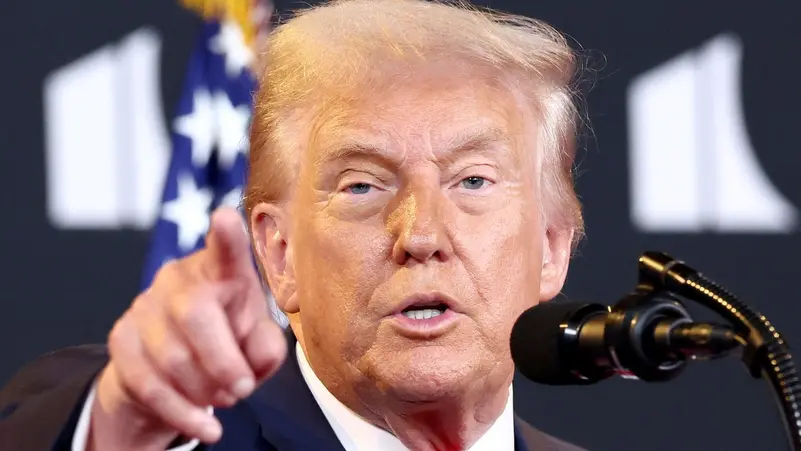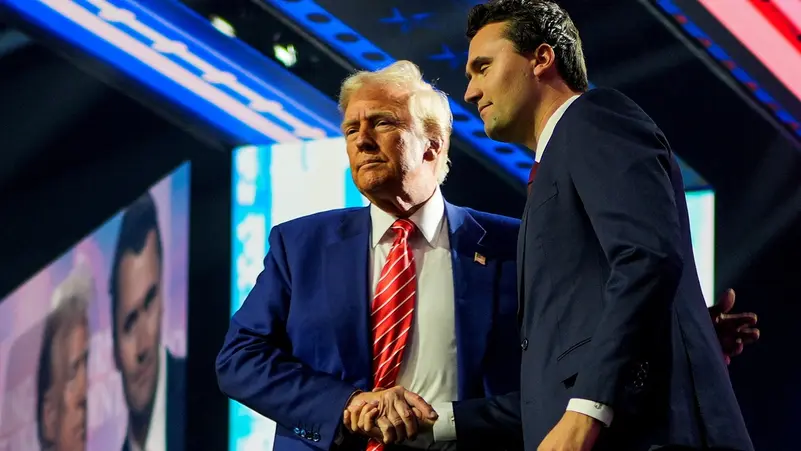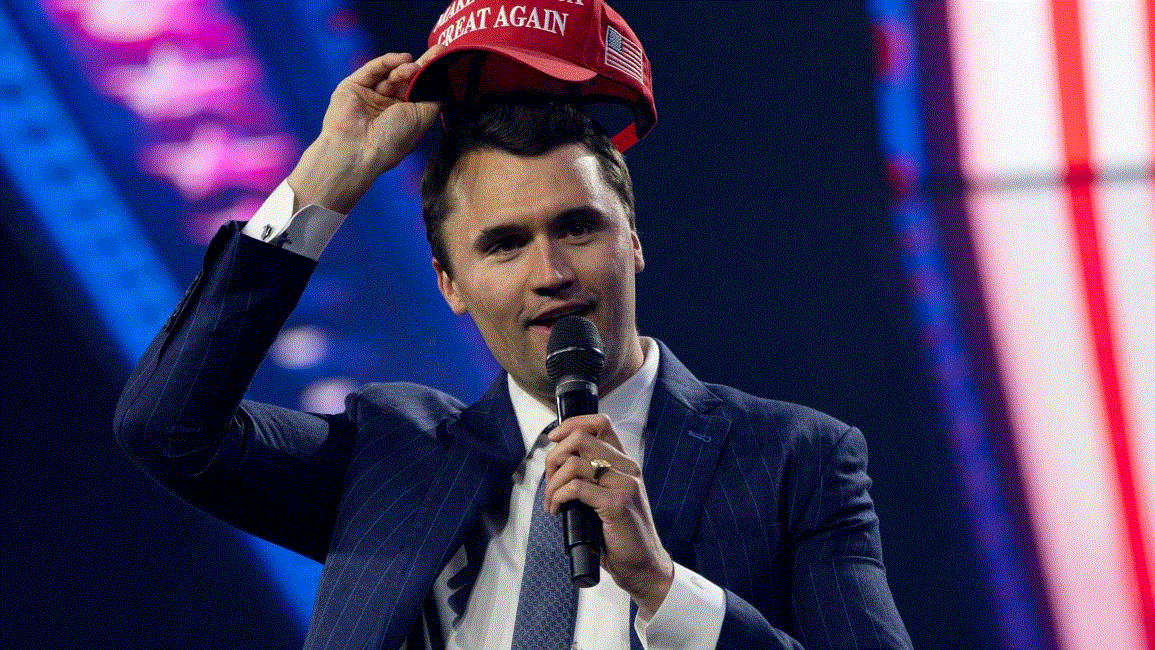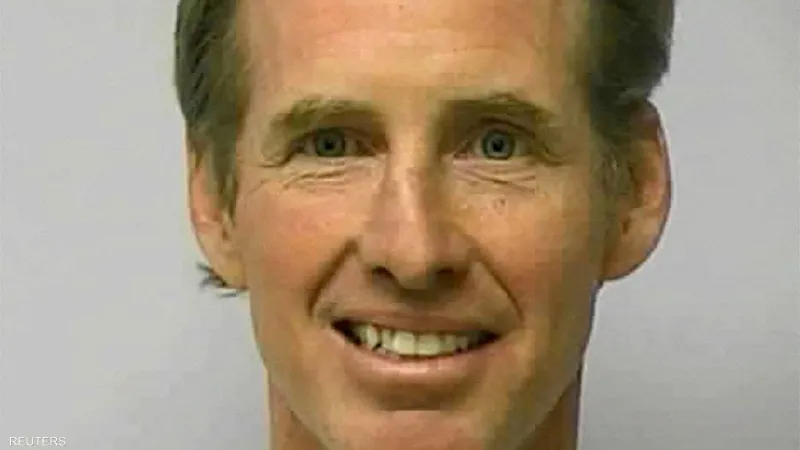From Reagan to Trump.. How Republicans Abandoned the Free Market for Trump’s Interventionist Economy
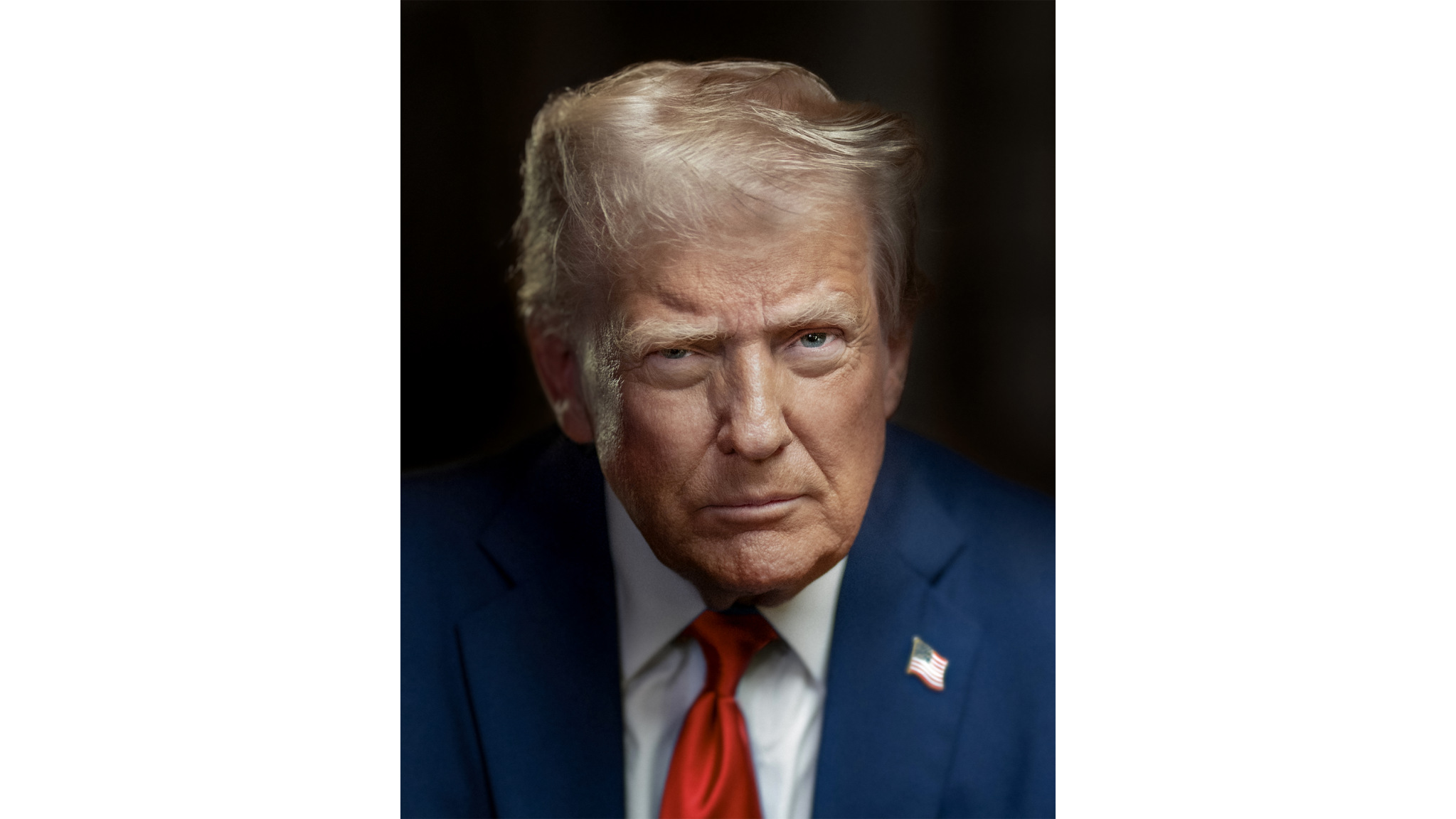
When Ronald Reagan stood before China’s Great Hall of the People in 1984, he offered a clear vision of Republican philosophy government should step aside and let markets thrive Reagan’s doctrine of free markets, deregulation, and trust in private enterprise defined the party for decades.
Fast-forward to 2025, and the United States under Donald Trump’s economic policy could not look more different In recent months, the president has claimed ownership stakes in major corporations, challenged the independence of the Federal Reserve, and personally intervened in branding decisions of consumer chains.
This shift from Republican free market ideals to what critics are calling Trumpalism raises the question has the party of Reagan been replaced by the presidency of a chairman?
The Reagan Doctrine vs. Trump’s Economic Reality
Reagan’s economic philosophy was simple: “trust the people.” He argued that societies thrive when individuals are free to make their own economic decisions, reap rewards, and take risks The Reagan vs Trump economics debate highlights how far Republicans have strayed from that ethos.
Instead of minimal interference, Trump has introduced a model of government intervention in the economy that critics liken to state capitalism—or, as libertarians warn, steps toward socialism.
Trump’s Expanding Role in Corporate America
In 2025, Trump has placed himself directly into corporate boardrooms:
-
Steel Industry: Trump approved Nippon Steel’s $14.9bn acquisition of US Steel but secured a “golden share” for the US government, effectively giving himself veto power.
-
Semiconductors: He converted nearly $9bn in government grants for Intel into a 10% ownership stake, after publicly pressuring the CEO to resign.
-
Tech Giants: Nvidia agreed to hand over 15% of certain chip sales to the government. Apple, facing tariff threats, pledged $100bn in new US investments and presented the president with a gold-plated souvenir.
-
Consumer Brands: Trump intervened in the Cracker Barrel logo controversy and pushed Coca-Cola to launch a cane sugar soda.
These actions illustrate a pattern of Trump government intervention that contrasts sharply with traditional Republican free market principles.
Undermining Independent Institutions
Perhaps the most contentious element of Trump’s economic policy is his challenge to independent regulators.
-
He attempted to fire a Federal Reserve governor over unconfirmed allegations.
-
He dismissed the head of the Bureau of Labor Statistics after a jobs report showed slowing growth, replacing her with a loyalist.
-
Senior officials pushed to expand White House control over the Fed’s board of governors.
This Trump Federal Reserve independence controversy alarms economists who fear political interference in monetary policy could destabilize markets.
Republican Voices of Dissent
Ironically, while Trump tightens his grip on business, Republican leaders continue to denounce Democrats for promoting socialism. When a Democratic mayoral candidate proposed city-owned grocery stores in New York, Congressman Mike Lawler labeled it “straight out of the Marxist playbook.”
Yet critics within the party see hypocrisy. Rand Paul warned: “If socialism is government owning the means of production, wouldn’t the government owning part of Intel be a step toward socialism?”
Conservative radio host Erick Erickson went further: “You can’t just be against socialism when the left does it. If you support socialism, apparently Donald Trump is your guy.”
The contradiction underscores a growing Republican debate on socialism and capitalism, with many questioning whether Trump is redefining the party’s economic identity.
The Rise of Trumpalism
Analysts describe Trump’s approach as less ideology, more instinct. Unlike socialism or capitalism, Trumpalism economic ideology follows no doctrine beyond the president’s will.
-
No strategic framework.
-
No commitment to free market or collectivist principles.
-
Decisions based on leverage, loyalty, and political optics.
As Tad DeHaven of the libertarian Cato Institute explains: “There’s no guiding philosophy, other than Donald Trump’s in charge. This is just scattershot, day by day. The modus operandi is power and leverage.”
In short, Trump interventions in corporate America are driven not by policy but by personality.
Case Study: Auto Industry Lessons
Trump’s inconsistency is not new. During the 2008 financial crisis, he supported federal bailouts for automakers. By 2015, he claimed bankruptcy might have been just as acceptable.
This lack of a firm stance illustrates the essence of Trumpalism: economic positions change depending on circumstance, political advantage, or personal impulse.
Supporters’ Defense Not Socialism, Just Negotiation
Trump’s allies reject claims that his policies resemble socialism. White House economic adviser Kevin Hassett told CNN: “It’s certainly not socialism.”
Instead, supporters argue Trump is using state power to protect American jobs, negotiate better deals, and assert sovereignty over global trade. They frame his actions as pragmatic interventions rather than ideological shifts.
Still, to critics, this blurring of lines between government control and private enterprise is precisely what past Republican leaders warned against.
The Future of Free Markets Under Trump
What does this mean for the future of free markets in America? Economists suggest three possible outcomes:
-
Enduring Trumpalism: Future Republican presidents adopt Trump’s interventionist tactics.
-
Return to Reaganomics: A pushback within the party revives small-government free market ideals.
-
Hybrid Model: America embraces a mixed system where strategic industries face government stakes, while others remain private.
The broader question is whether the Republican free market tradition has been permanently replaced by Trump’s interventionist economy.
Trust the People—or Trust the President?
Forty years after Reagan declared “trust the people” as the cornerstone of progress, America finds itself under a president who prefers trust the chairman.
With Donald Trump’s influence on the American economy in 2025 extending from Wall Street to restaurant chains, the contrast with Reagan could not be starker The Republican party that once championed small government and free enterprise now navigates an era defined by personal intervention, blurred ideology, and the rise of Trumpalism.
For critics, this shift marks the burial of the Reagan Republican party. For supporters, it’s simply Trump rewriting the rules of power. Either way, the future of free markets under Trump remains uncertain—and America’s economic identity is being redrawn in real time.
